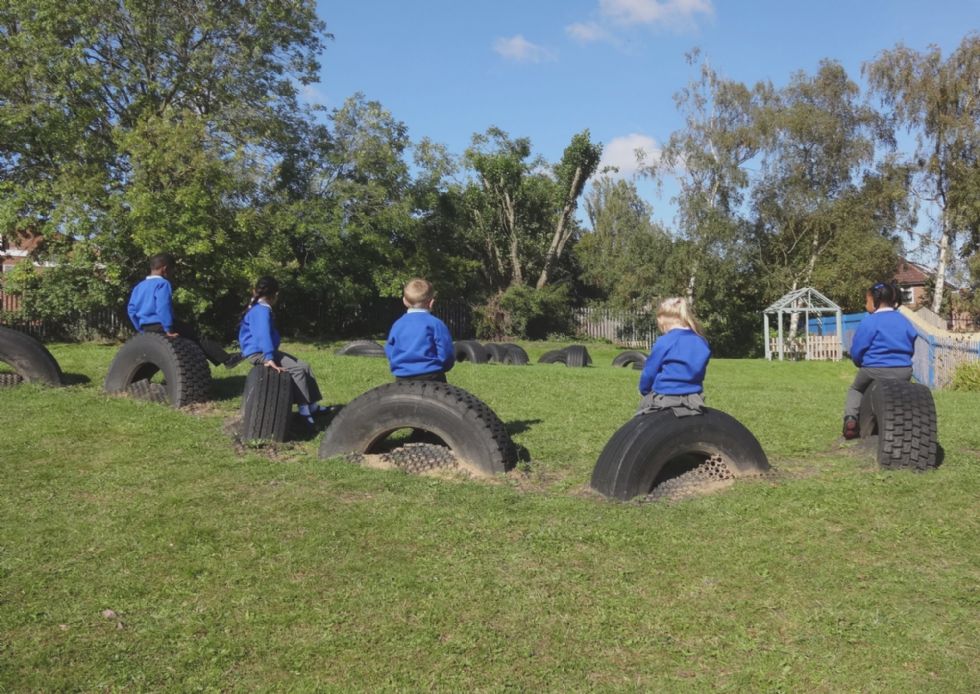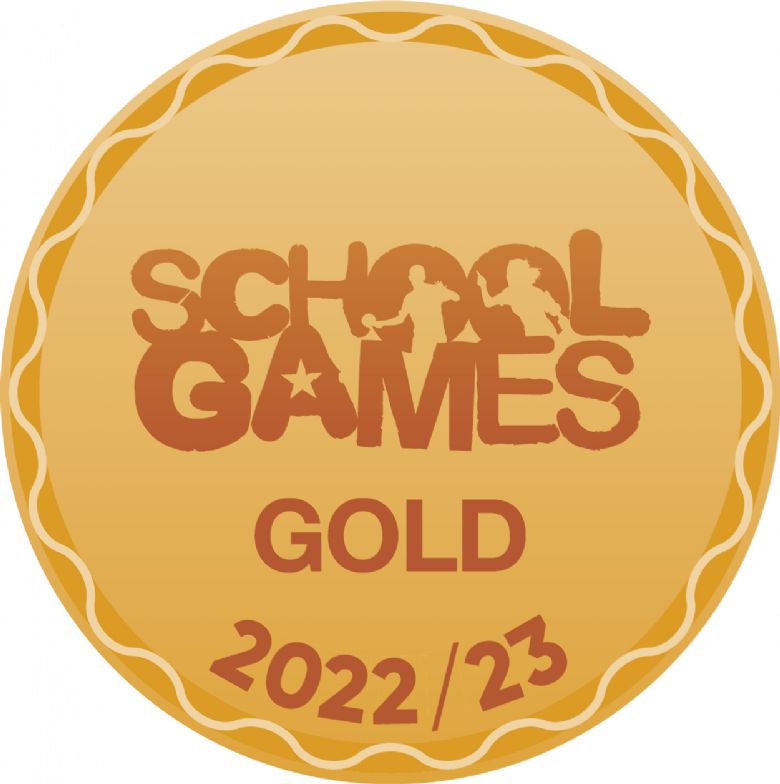Modern Languages
‘To learn a language is to have one more window from which to look at the world.’
Chinese proverb
Learning a foreign language is a liberation from insularity and provides an opening to other cultures. A high-quality languages education should foster pupils’ curiosity and deepen their understanding of the world. The teaching should enable pupils to express their ideas and thoughts in another language and to understand and respond to its speakers, both in speech and in writing. It should also provide opportunities for them to communicate for practical purposes, learn new ways of thinking and read great literature in the original language. Language teaching should provide the foundation for learning further languages, equipping pupils to study and work in other countries.
WE CAN provide teaching that develops knowledge and skills so children can learn and progress effectively
Learning a foreign language is statutory for all Key Stage 2 pupils. At Grendon Primary School, we teach French regularly from Year 3. French lessons are timetabled weekly to enable regular review and each year group studies three French units over the course of an academic year.
We follow the ‘Language Angels’ scheme of work, which offers progressive units organised into three levels: ‘Early Language Teaching’ (Y3), ‘Intermediate Language Teaching’ (Y4-6) and ‘Progressive Language Teaching’ (Y6). Each unit teaches core vocabulary and pupils have opportunities to practise oracy, reading and writing skills and to apply their knowledge. Further information on the scheme is available here.
In Lower Key Stage 2, pupils learn the vocabulary for fruits and a range of verbs. They also learn to introduce themselves and communicate about animals, specifically pets. Here pupils are introduced to basic grammatical structures.
In Upper Key Stage 2, pupils learn how to share the date and their birthday, describe the weather, describe their family and their hobbies. Pupils are encouraged to develop their understanding of French grammar.
For Key Stage 2, the third unit taught is a creative, cross-curricular unit. For Years 3-6, respectively, these are: Little Red Riding Hood (Petit Chaperon Rouge); Goldilocks and the Three Bears (Boucle d’or et les trois ours); Les Romains (The Romans) and Les Planètes (The Planets).
Our progressive scheme of work offers a range of engaging topics to motivate and inspire pupils. Pupils make vertical links between what they have learnt before and new learning. Cross-curricular units offers a horizontal or diagonal links to another subjects, For example: In the summer term of Year 6 a diagonal link is made to Y5 Science when pupils cover ‘Les Planetes- The Planets’.
During the spring term, in Year 5, pupils have the opportunity to share their learning with their parents and families. The share session enables pupils to present the outcome of their learning.
A good French lesson at Grendon will introduce new vocabulary, consolidate previously-taught vocabulary and include opportunities for children to develop their listening, speaking, reading and writing skills. Lessons are interactive and often involve songs, rhymes, games and role-play, as well as independent tasks.
KS2 class teachers can choose to set a French related piece of homework as part of our annual cycle of homework projects. Online Language Angels accounts enable children to rehearse their French skills at home.
WE CAN offer enriching activities, event and experiences
French sometimes forms a part of the Whole School Days or Junior Leadership Days in our school enrichment programme.
A French club is offered during the year for pupils in KS2. This gives pupils the opportunity to broaden their French vocabulary and understanding of different elements of French culture.
WE CAN work together to remove barriers and ensure equality
We use multi-sensory teaching resources to cater to a full range of learning styles. Tasks are differentiated to challenge pupils at all levels. Staff provide additional support to pupils with SEND who require it. Key vocabulary is introduced at the start of each unit and can be referred back to each lesson as and when pupils need this support. French vocabulary for the topic that is being taught is displayed on classroom walls.
WE CAN build independent and resilient learners who are able to communicate confidently
As speaking and listening is a fundamental part of language learning, French lessons develop pupil’s communication skills. A large proportion of the curriculum for Modern Foreign Languages is focused on listening, comprehension and speaking. Activities, that are planned and delivered, include opportunities for repetition, rehearsal and role-play. Pupils learn to sing songs and read short passages and well-known stories in French.
In all lessons, pupils are encouraged to repeat core vocabulary and presentations include embedded audio clips to model the correct pronunciation of words and phrases. This helps pupils to correct their own mistakes and builds their resilience.
Differentiated resources and vocabulary banks are used to support teaching and learning. Pupils are encouraged to refer back to scaffolds and prior learning when required.
Pupils need to demonstrate resilience and build their growth mindset while learning new vocabulary in French. As pupils move through a unit, teachers support them to ensure they are able to work increasingly independently.
WE CAN listen to and treat each other and all members of the community with respect, tolerance and concern
Learning Foreign Languages removes barriers and promotes tolerance and respect of other cultures in our diverse school community. Language learning enables pupils to appreciate and celebrate the achievements of pupils whose first language is not English. Pupils are taught to respect differences in the way people communicate and to look for similarities and differences in vocabulary and grammar. Pupils enjoy learning cognates (words that are spelt the same in French and English) and the embedded audio clips allow pupils to hear authentic, accurate French pronunciation.
WE CAN recognise ability, maximise potential and prepare children well for their future and life in modern Britain
By learning another language, some pupils discover a talent or passion for learning languages. Pupils, who have a positive, enjoyable experience learning a foreign language at primary school, will be better prepared for secondary education.
Students who excel in learning languages, may wish to pursue a career as an interpreter, a teacher or a flight attendant. Language skills open doors in business.
Online Learning
Language Angels
Click Login at the top of the page and then Pupil Games
Username: Grendon and your class; e.g. Grendon2W
Password: your class: e.g. 2W









